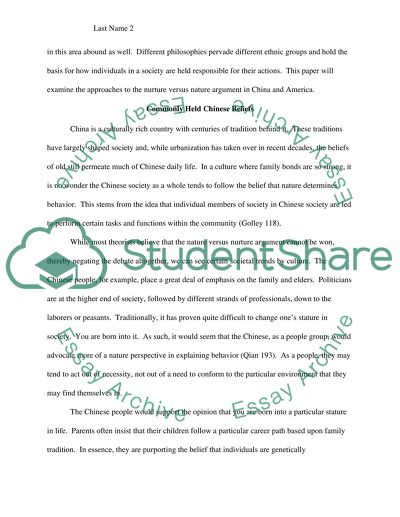Cite this document
(“Do Chinese, compared to Americans, believe that behavior is more a Essay”, n.d.)
Retrieved from https://studentshare.org/psychology/1483128-do-chinese-compared-to-americans-believe-that
Retrieved from https://studentshare.org/psychology/1483128-do-chinese-compared-to-americans-believe-that
(Do Chinese, Compared to Americans, Believe That Behavior Is More a Essay)
https://studentshare.org/psychology/1483128-do-chinese-compared-to-americans-believe-that.
https://studentshare.org/psychology/1483128-do-chinese-compared-to-americans-believe-that.
“Do Chinese, Compared to Americans, Believe That Behavior Is More a Essay”, n.d. https://studentshare.org/psychology/1483128-do-chinese-compared-to-americans-believe-that.


